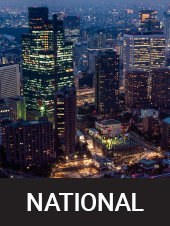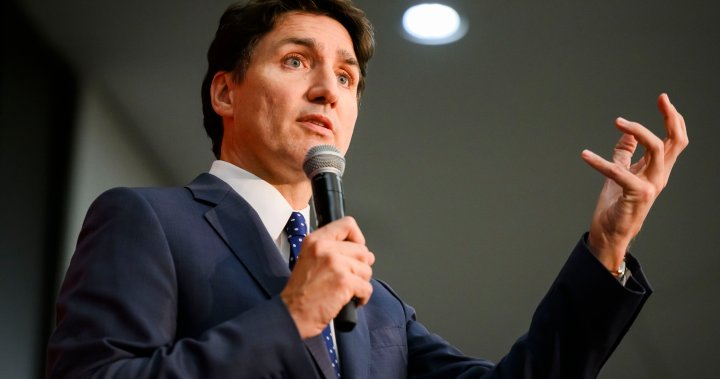President Emmanuel Macron named on Thursday the EU’s Brexit negotiator Michel Barnier as France’s new prime minister, after more than 50 days of a caretaker government.
The appointment of the 73-year-old Barnier follows weeks of intense efforts by Macron and his aides to bring an intense period of political turmoil to an end by finding a government leader who can survive in France’s newly fractured political landscape.
Barnier faces the tough task of having to work with the bitterly divided, hung parliament that emerged from legislative elections that Macron called in June, in a huge surprise.
Without a legislative majority of his own behind him, Barnier will need to find loose ad hoc groupings of backers in the National Assembly to tackle France’s pressing issues — including the budget for 2025.
Barnier could quickly face possible attempts in parliament to topple the new government he will now put together and lead. Opponents of Macron on the left of French politics immediately portrayed the appointment of the conservative Barnier as a slap in the face of those who voted for them.
A statement from Macron’s office announcing Barnier’s appointment said he’d been tasked “with forming a unifying government to serve the country and the French people.”

“This appointment comes after an unprecedented cycle of consultations during which, in accordance with his constitutional duty, the president ensured that the prime minister and the future government would meet the conditions to be as stable as possible and give themselves the chances of uniting as broadly as possible,” the statement said.

Get daily National news
Get the day’s top news, political, economic, and current affairs headlines, delivered to your inbox once a day.
Barnier, a career politician proud of his humble roots in France’s Alpine region of Haute-Savoie, is no stranger to complex and difficult tasks: He was the European Union’s chief negotiator in the difficult talks with Britain over its Brexit departure from the bloc.
Barnier replaces Gabriel Attal, who was France’s youngest-ever prime minister and first openly gay head of government when he was appointed in January at age 34.
Attal resigned on July 16 following quick-fire legislative elections that produced a divided and hung parliament, plunging France into intense political uncertainty.
But Macron kept Attal and his ministers on in a caretaker capacity, handling day-to-day affairs, so political instability wouldn’t overshadow the July 26-Aug. 11 Paris Olympics, when France was in the global spotlight.
In political career over more than 50 years, Barnier has served as French foreign, European affairs, environment and agriculture minister — and twice as a European commissioner.
Influential far-left leader Jean-Luc Melenchon immediately came out against Barnier’s appointment and predicted the new prime minister would not get a majority backing in the bitterly divided National Assembly.
Melenchon said the appointment flew in the face of the July 7 legislative election results that left parliament’s lower house split between three main blocs — the left, including Melenchon’s party; the center where Macron has based his support, and the far right, converging around anti-immigration leader Marine Le Pen.

“The election has been stolen,” Melenchon asserted.
Le Pen, on the other hand, indicated that she’s willing to give Barnier a chance but said her National Rally party won’t take part in his government because the new prime minister “does not share our ideas.”
She says the 2025 budget will be a priority for Barnier’s government; it faces a tight deadline to deliver one. France is also under pressure from the European Union to get its finances in order, with Brussels having rebuked Paris for running up excessive debt.
“Barnier is a man respectful of other political forces,” Le Pen said. “It’s important because compromises will have to be reached, considering the state of France’s budget.”
—Associated Press journalist Diane Jeantet in Paris contributed.
© 2024 The Canadian Press



